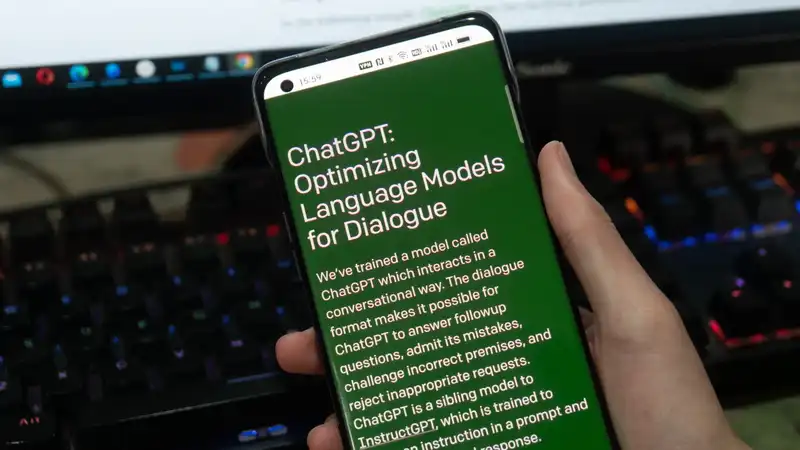OpenAI is trying to compete with Google by launching a new search engine based on ChatGPT technology.
Google has dominated the search market for over 20 years, accounting for 90% of all searches worldwide, but could its caution about generative AI be its undoing? This caution could leave room for new players who mix an understanding of AI with the breadth of data found online.
Little is known about the rumored search engine, other than the fact that it will be based on natural language questions and interaction with AI models. This is similar to how Perplexity and Google Gemini work.
The rumor stems from a registration on search.chatgpt.com. Reportedly, OpenAI is planning a big announcement on May 9, which could be a new search engine.
Through its partnership with Microsoft Bing, ChatGPT has some live search functionality built in, but it is an "add-on" rather than a deep integration, and as a result this has always been somewhat unstable and unreliable.
In an interview with Lex Fridman last month, OpenAI CEO Sam Altman suggested that ChatGPT could be the future of search with deep integration of LLM and search.
He said: "If we can build a better search engine than Google, we should. Google shows 13 ads and 10 blue links. That's one way to find information, but what's exciting to me is that there may be a better way to help people find information and act on it.
"It might be interesting to say, 'How can we help people find the information they need, help them create it in some cases, and help point them to it in others,'" Altman added.
He said integrating search into ChatGPT is an example of something cool. 'I don't think anyone has cracked the code yet on the intersection of LLM and search. I would love to do it.
There are several ways OpenAI can go with search; Perplexity takes a chatbot-like approach, where users ask questions and are presented with AI-generated plus search results data.
Google Gemini is a more pure chat result, providing analysis from the AI and a Google search link for the same term with a link to the source of that information. Google is also experimenting with Search Generative Experience, which produces AI summarized results.
Rumors I have seen indicate that the OpenAI approach will be similar to the Google Gemini approach built into ChatGPT, but will use more live data. For example, a user could ask about the top songs on the Billboard charts at this very moment, and it would display the results without lag or cache.
One of the biggest drawbacks of large language models is the cutoff date for information. This is tied to when the training process ends and no new information is added.
There are several ways to address this issue, including fine-tuning and expanding the context window.
Google, Bing, and Perplexity each have their own spiders that constantly patrol the web and update their databases with new results and pages. Some are better than others.
Feeding this data back to the chatbot can improve overall AI performance, as the chatbot can retrieve information in real time and combine the training data with search results for analysis. However, deep integration is needed to make it work properly.










Comments